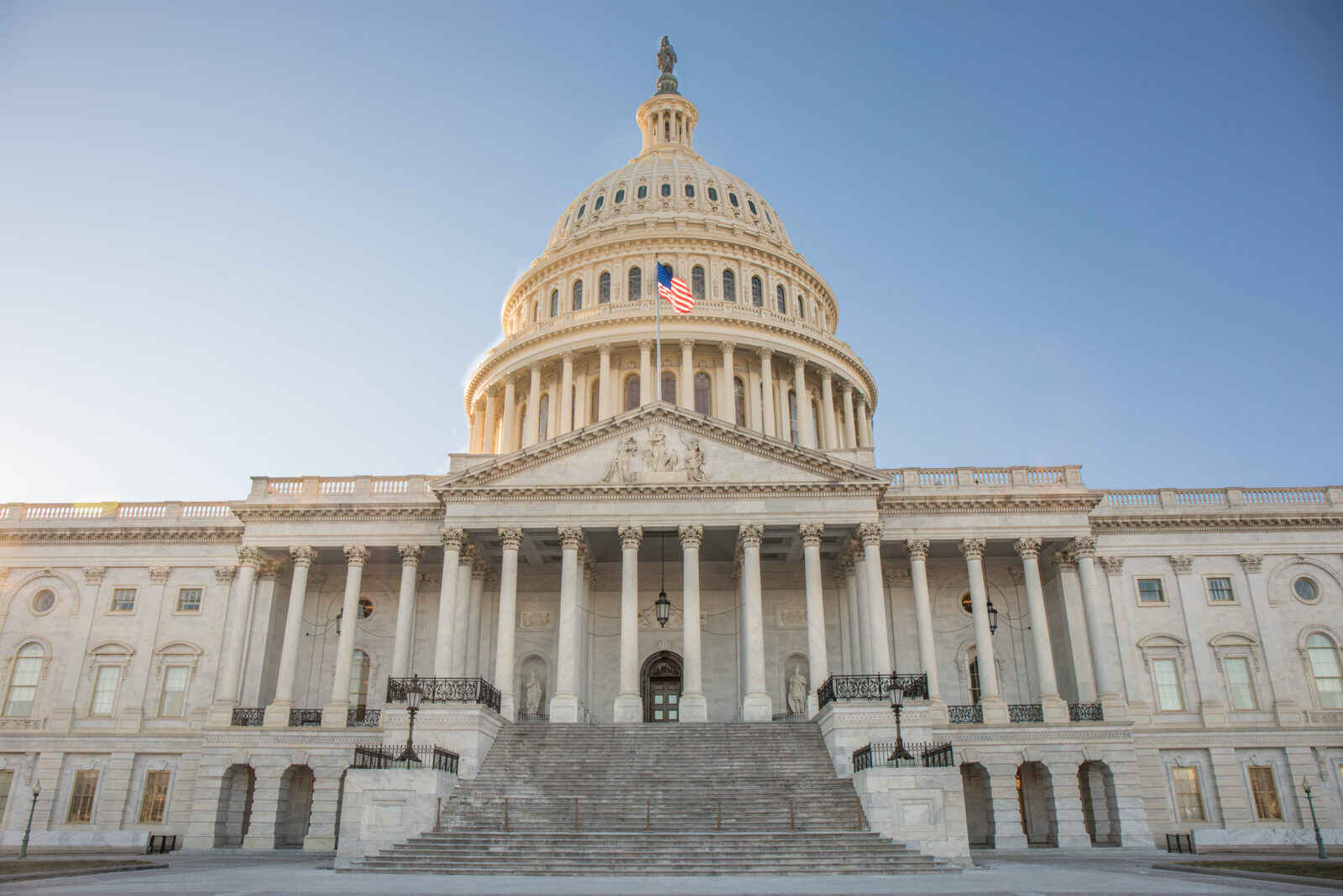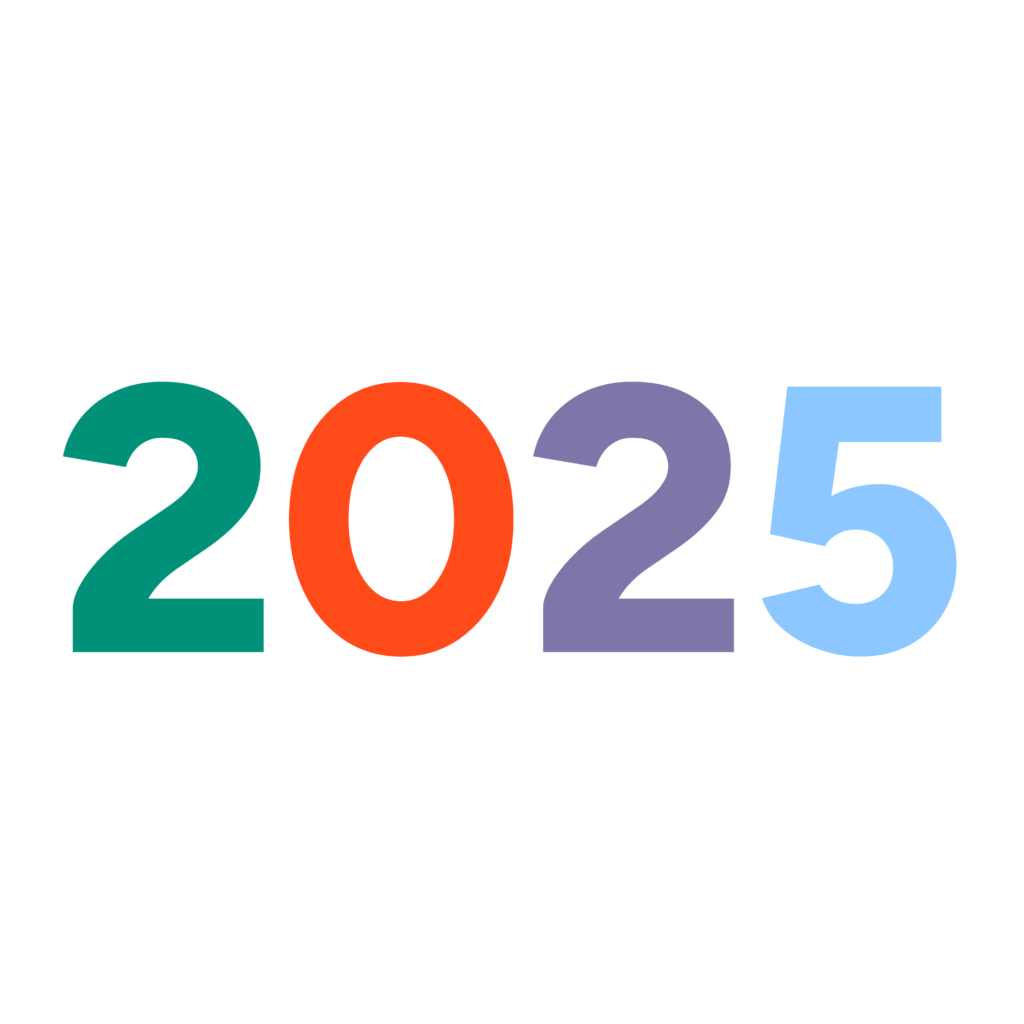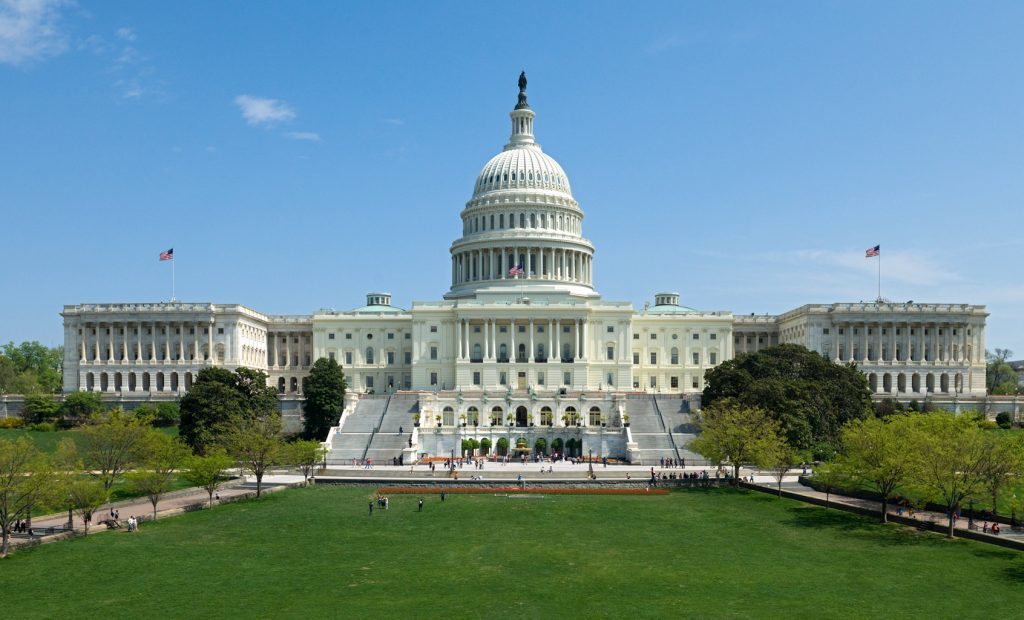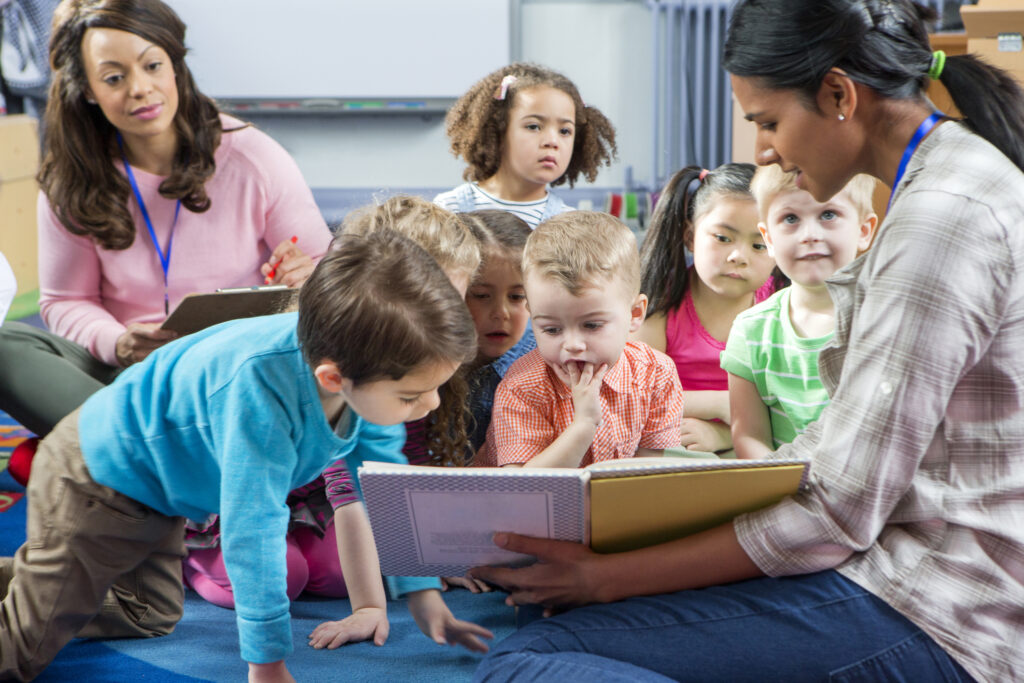FFYF Capsule Collection: Appropriations and Child Care

What Are Appropriations?
- “Appropriations” is the Congressional process which allocates funding for federal programs (such as the ones that provide the backbone of child care and early learning.) In practice, it kicks off each February, when the White House submits a budget request to Congress to outline the president’s spending priorities. From there, Congressional appropriators in the House and Senate decide program-by-program funding levels. (In an ideal world, Congress produces a budget resolution by October 1. In practice, the process is not usually this clear-cut.)
- The budget produces 12 separate appropriations bills, each determined by a specific subcommittee which oversees budgeting for individual agencies. Child care and early learning bills are primarily funded through the Labor-Health and Human Services-Education and Related Agencies bill (often called “Labor-H”).
- Senate Appropriations is headed by Committee Chair Sen. Susan Collins (R, ME) and Ranking Member Sen. Patty Murray (D, WA), with its Labor-H Subcommittee headed by Subcommittee Chair Sen. Shelley Moore Capito (R, WV) and Ranking Member Sen. Tammy Baldwin (D., WA).
- House Appropriations is headed by Committee Chair Rep. Tom Cole (R., OK) and Ranking Member Rep. Rosa DeLauro (D., CT), with its Labor-H Subcommittee headed by Subcommittee Chair Rep. Robert Aderholt (R., AL) and Subcommittee Ranking Member Rep. Rosa DeLauro (D., CT).
In A Nutshell
Even with growing support from states, businesses and philanthropy, federal funding makes up the majority of investment in child care and early learning in the United States.
- The Child Care and Development Block Grant (or CCDBG) is the largest source of federal funding for child care. Congress sets the funding levels, then states have flexibility in how they use these funds to support early learning and care systems to best meet the needs of children, parents, and child care providers in their communities.
- Early Head Start and Head Start are also funded through appropriations and deliver comprehensive early learning, health, nutrition, and family support services for young kids, their families, and pregnant women.
- And programs like Preschool Development Grant Birth through Five (PDG B-5) help states collect data and build an infrastructure that ensures quality, safety, and efficiency between different child care options.
However, while federal investments for early learning and care have garnered strong bipartisan support for years, current federal investments only reach a fraction of income-eligible families.
The Latest
On November 12, Congress ended the federal shutdown after 43 days by passing a Continuing Resolution to fund the government through January 30. Next up: Congress will look to pass full-year spending bills for FY26 before the January deadline, including funding for child care and early learning programs including the Child Care and Development Block Grant (CCDBG) and Head Start. Visit our Appropriations State of Play for updates.
House Proposal
The House Appropriations Committee Labor-HHS spending number includes:
- Child Care and Development Block Grant (CCDBG): Level funding at $8.746 billion;
- Head Start: Level funding at $12.272 billion;
- Preschool Development Grants Birth through Five (PDG B-5): Eliminated.
Senate Proposal
The Senate Appropriations Committee includes a $170 million increase for early learning programs over FY2025. That sets aside:
- CCDBG: $8.83 billion – an $85 million increase over fiscal year 2025.
- Head Start: $12.36 billion, an $85 million increase over fiscal year 2025.
- PDG B-5: $315 million, level with FY25.
DEEPER DIVE: RESOURCES AND INFORMATION
From topline to in-depth, these resources can be used in meetings with staffers, with reporters, or simply to get up to speed on the importance of federal funding to child care and early learning.
- Bookmark and visit the Appropriations State of Play page regularly for frequent updates on the appropriations process.
- This “Funding for Key Early Learning Programs” chart provides our deepest dive into FY2026 funding specifics, including FY24 funding levels, White House asks, the child care community’s ask, and the House and Senate appropriators asks.
- This “FY26 Early Learning and Child Care Appropriations Letters” details funding asks, including leading signers and funding amounts.
- Our “First Five Things about the Importance of Federal Funding” is our most topline look at how federal funding allocated by Congress fuels early learning and child care programs.
- The “ABCs of Federal Early Learning and Child Care Funding Streams” gives a detailed overview into the funding that supports the federal early learning and care programs that reach children from birth through age 5.
- This one-pager, “Federal Investments are the Foundation for State and Local Early Care and Education Programs,” provides a detailed look at how federal funding acts as the primary source of funding for public early learning and care programs.
- Statement from FFYF Executive Director Sarah Rittling on the September funding markup from Congress
Community Support
- First Five Years Fund (FFYF) and a coalition of 147 national organizations signed a joint letter to Congressional appropriators calling for increased funding for federal early learning and care programs in FY2025, including the Child Care and Development Block Grant (CCDBG) program, Head Start and Early Head Start, the Individuals with Disabilities Education Act (IDEA), and the Preschool Development Grant Birth through Five (PDG B-5) program.
Voter Support
Voters believe federal funding for child care and early learning programs should be increased.
- A February 2025 poll shows child care expenses continue to be a major financial burden on working families.
- In the same poll, voters say improving access to affordable child care will both help lower costs for working families (85%) and improve the overall economy (71%).
- And a majority (55%) of Republican voters say increasing funding for and access to quality child care is as important for families as securing the border and stopping the increase of crime.
Community Support
First Five Years Fund (FFYF) and a coalition of 147 national organizations signed a joint letter to Congressional appropriators calling for increased funding for federal early learning and care programs in FY2025, including the Child Care and Development Block Grant (CCDBG) program, Head Start and Early Head Start, the Individuals with Disabilities Education Act (IDEA), and the Preschool Development Grant Birth through Five (PDG B-5) program.
FY26: Congressional Support
FY26 Bipartisan Preschool Development Grant Birth through Five Letter
- Led by Representatives Joaquin Castro (D-TX) and Brian Fitzpatrick (R-PA)
- 93 signatures
- Ask: Fund the Preschool Development Grant Birth through Five (PDG B-5) program at a level of at least $500 million
FY26 Democrat Led Child Care & Development Block Grant Program (CCDBG) Letter
- Led by Representative Suzanne Bonamici (D-OR)
- 154 signatures
- Ask: Provide at least $12.4 billion for the Child Care and Development Block Grant (CCDBG).
FY26 Republican Led Child Care & Development Block Grant Program (CCDBG) Letter
- Led by Representative Burgess Owens (R-UT)
- 35 signatures
- Ask: Provide robust funding for the Child Care and Development Block Grant (CCDBG).
FY26 Democrat Led Head Start and Early Head Start Letter
- Led by Representative Jahana Hayes (D-CT)
- 188 signatures
- Ask: Provide $14.91 billion for Head Start in FY2026.
FY26 Republican Led Head Start and Early Head Start Letter
- Led by Representative Pete Stauber (R-MN)
- 35 signatures
- Ask: Continue funding Head Start at the strongest level the Subcommittee deems possible.
Senate Democratic Dear Colleague Letter Supporting Funding for Early Care and Education
- Led by Sen. Tina Smith (D-MN)
- 41 signatures
- Provide the highest feasible funding for child care and early learning programs.
- Led Sen. Tammy Duckworth (D-IL)
Subscribe to FFYF First Look
Every morning, FFYF reports on the latest child care & early learning news from across the country. Subscribe and take 5 minutes to know what's happening in early childhood education.



